What Are We Doing; It’s 3:14AM and I’d Rather Be Asleep.
I wake up when my phone goes off at 3:13AM; a single noise, the kind you get with a text or a message, not a full-on call ringing. I charge my phone on the opposite side of my bedroom. I do this so, when the alarm goes off in the morning, I have to cross the room to get it; I wake up. I ignore the 3:13AM buzzing. Whatever, it can wait.
It goes off again at 3:14AM.
I have to get it.
It’s now sending notifications.
It won’t stop until I answer it.
…
Damn.
I climb out of my blanket hovel and stumble to the glowing device.
“It’s been a while” it says.
I’m pissed. This is the third time this week.
I want to text back “I can’t do this anymore.” I want to say “Stop being so needy.” But I can’t. Realistically, I can’t. The game 2048 has been sending me these messages, and I feel like I no longer have any choice.
I delete the app.
It had been going on for a month, the busy month of October. I had been out and about showing games at festivals, a different festival every weekend, for the entirely of October: Kill the Kracken at IndieCade, An Occurrence at Owl Creek Bridge and The World the Children Made at Meaningful Play, 2001: a Space Masquerade at Come Out & Play San Francisco. There was no time to sit down and play 2048. And the app was genuinely needy.
At first, I played along; “I miss you” the app displayed on my lock screen (well, not really; but that was the gist of the message), so I sat down intending to play for a few minutes. There went my lunch time, only a bite or two in.
The next time the app did it, I opened 2048 for a second and closed it; hoping it would stop for good if I gave it this bit of attention. It continued.
It continued until I couldn’t do it any longer. I had to cut the ties.
“This will delete all local saved data” read my iPhone as I quivered over the delete swipe. “This will delete all of our shared memories” is what it meant.
And then it was gone.
Games Have Human Relationships, Sort Of.
Games have relationships, with the player. 2048 needed a lot of time. It needed a lot of time and begged for time than I couldn’t give. That sucked.
I remember when I played Runescape in early high school. I remember going to high school when I played Runescape. That relationship progressed naturally. The free version offered enough skills and activities to get you interested. And then you hit a roof: you complete all the quests; you get to a level where the free play world is no longer interesting. The relationship goes as far as it can without a solid commitment.
If things aren’t working out, no worries. You and Runescape go your separate ways, and you get to fondly remember the relationship you once had. But if things are going well, you have to commit. You get a monthly subscription account. Runescape moves in with you.
I remember joking with my friends about Runescape, or as the joke went: RunEscape. It felt like a couples joke. You have no intent on leaving Runescape, but you sneer at the idea.
There are some games that rely on their relationships with people; mobile games that rely on addictive personalities for their income. It’s a toxic relationship. You buy in-game currency to spend on in-game items and so it begins again. It’s like paying for affection. “Buy more, don’t you love me? If you did, you would buy more.”
Or games that promise a lot, and that you pre-order expecting a lot, only to be let down. Like a grifter friend: “Could you lend me a few more bucks? I just need to buy that comic book. I’ll pay you back soon.”
Nah. That sounds like a bad time.
Sorry bub.
How About Good Game Relationships?
I love freeware games.
Marathoning a bunch of freeware games is like speed-dating eccentric individuals. You get to know them on a decent level, and then you move on. If you’d like, you can always revisit, but you don’t have to make any commitments.
My undergraduate University’s student body celebrates a holiday known as Green Beer Day, a holiday where students get drunk on green beer while wearing green. Once upon a time, this holiday was St. Patrick’s Day. St. Patrick’s Day fell on a class day. Enough students didn’t show up to class on that particular day every year, that the university moved one of Spring semester’s holiday breaks onto St. Patrick’s Day. This meant that students would no longer be able to get wasted on a school day. The local bars didn’t like it either. Fewer sales.
So everyone made up Green Beer Day; effectively keeping their purpose intact, unshackled by the cultural boundaries of a legitimate holiday.
Well, on Green Beer Day one year, I drifted from bar to bar with the intent of meeting the people who came out to play. That’s how I met Lunch Special and Side Soup.
Lunch Special was a nice dude. Huge beard and shaggy hair. He got his nickname from a restaurant he went to every week, the staff there knew him from what he always ordered.
Side Soup, on the other hand, was tattooed and huge. He was easily 6’4” and could beat up anyone within eyesight, if he wasn’t so bubbly and nice. I asked him if his nickname was Side Soup because of Lunch Special. He said no and lifted his shirt. He had SOUP tattooed down his side, over his rib cage. Oh.
I’ve seen them around, across the street. In a window as I pass by. They’re pleasant people.
Freeware games can be like that. Tom van den Boogaart’s The interesting tale of Mister Duckfish is like that. Why do they call it The interesting tale of Mister Duckfish? Because it’s literally an interesting tale about a fellow who’s a duck-fish. Oh.
Some other games feel like old friends, games you run into on sparce occasions, but cherish your interactions with when they occur. It’s always a happy surprise. Things have changed. Maybe the game is more polished, maybe you’re older, but it’s still the same game and the same you.
Lindsay Grace’s Big Huggins is like that. It’s an alternative controller game where you hug a Teddy Bear, in real life, to make a Teddy Bear, on the screen, jump. It’s only available to play at certain events, so you have to meet it in person. It’s a warm and enjoyable relationship. One of Grace’s research areas is affection games: games with play that center around affection rather violence. So while I am talking about the player’s relationship to the game, a game’s narrative content certainly helps shape that relationship, almost as if it was a personality.
And of course there is Tale of Tales’ Luxuria Superbia, a game self-described as “a simple game of touch, pleasure and joy made for fingers on touchscreens and joysticks on computers.” While exhibiting different play from Big Huggins, these two are flowing games, with easy difficulty curves and a focus on the meaningful interaction over the goal. Come and go as you please, they’ll welcome you back anytime for a low-stress play.
Think About What Relationships Players Will Have with Your Game.
What I’d like to see is a game which resembles a lasting love fling; the kind where you rarely see each other, but the passion is alive. A year or two could pass, but eventually you’ll come back together, if only for another fleeting moment or two.
To make that, the play would have to be intense and short, but slowly evolving. Maybe every player somehow affects a minuscule element of the play; in such a way that once you win, the experience will be too same-y to replay immediately; too similar for the next day, or next week to be of continued interest. But if you come back in a year, enough people will have played it. They will have had enough of an effect on the game that it will feel refreshed, new again. As if it’s interactions with these people helped the game it is today.
That’d be a cool game.
We should make games to encourage good unique relationships like that.
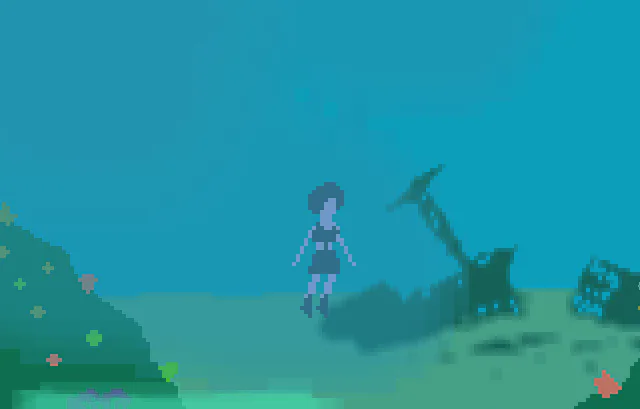

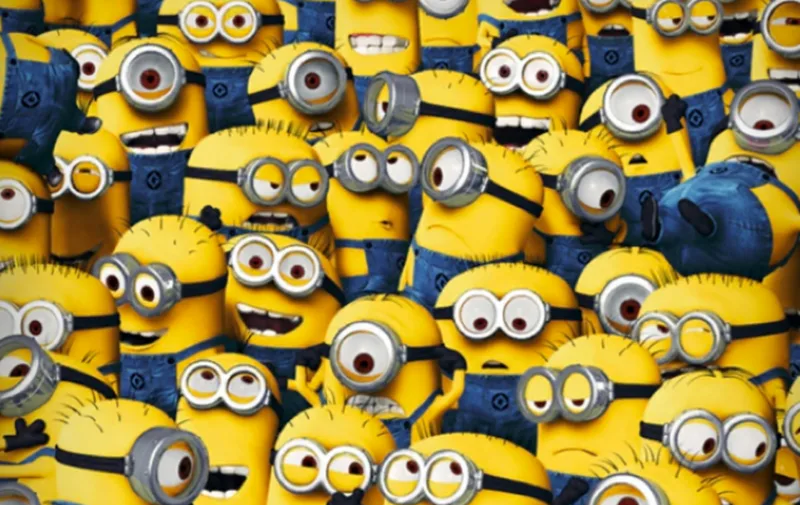

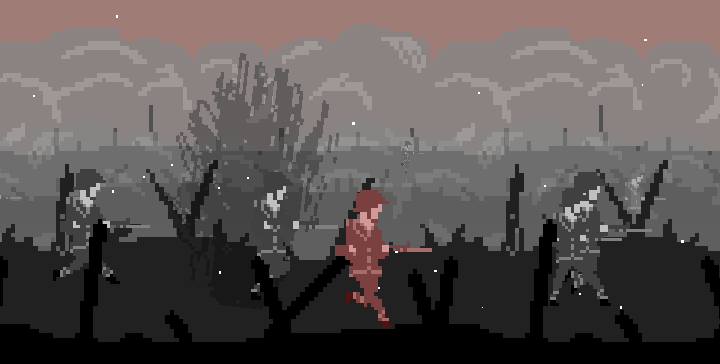


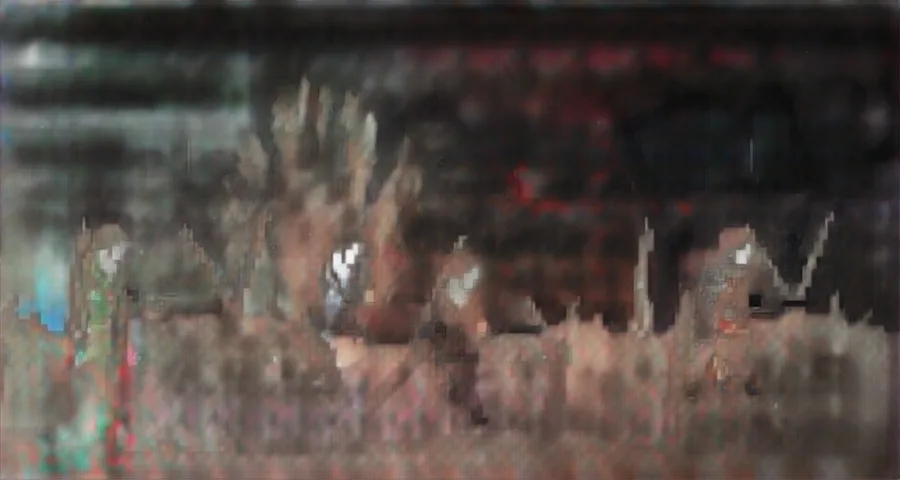
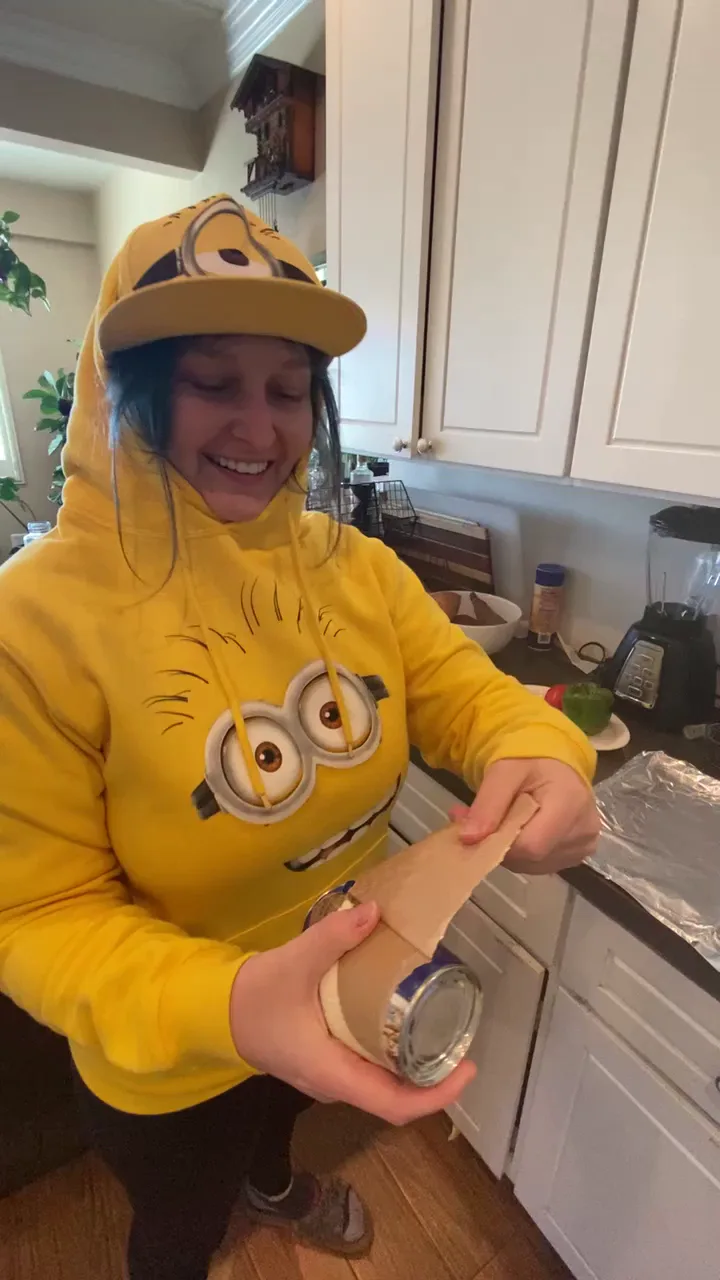
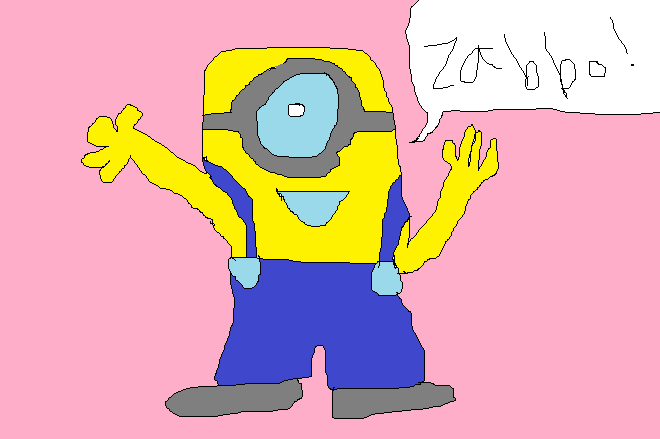

4 comments